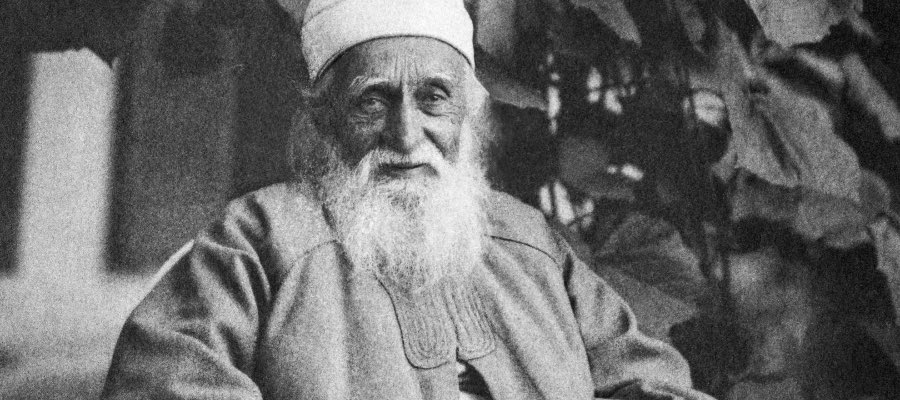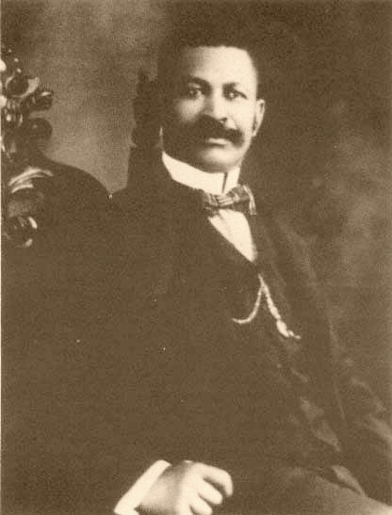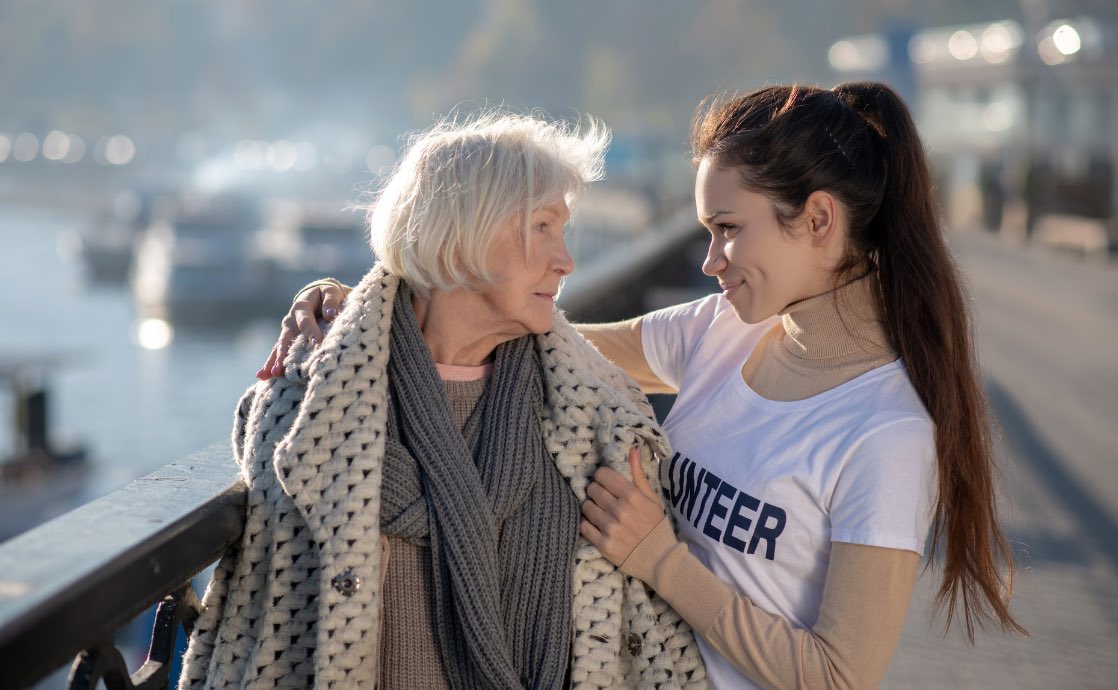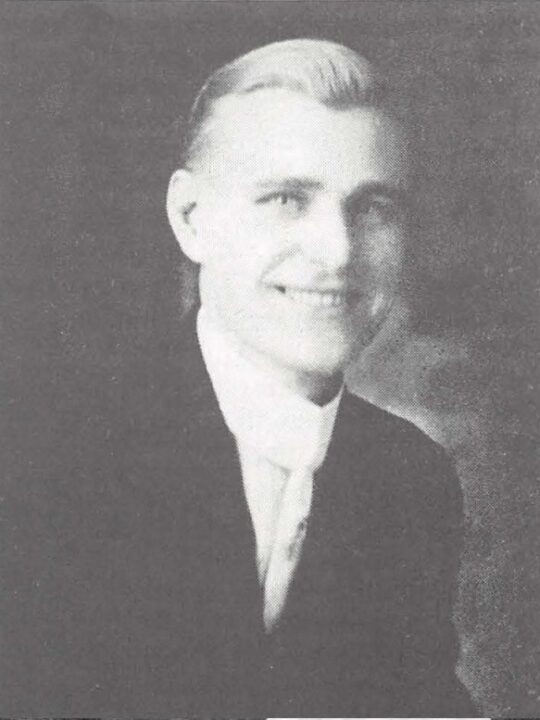The views expressed in our content reflect individual perspectives and do not represent the authoritative views of the Baha'i Faith.
Today, Sunday, November 13, is World Kindness Day – an international holiday that was formed 24 years ago to promote acts of kindness around the world.
Merriam-Webster defines “kind” as “of a sympathetic or helpful nature.” Baha’u’llah, the prophet and founder of the Baha’i Faith, encouraged humanity to show “compassion and loving-kindness towards all the peoples and kindreds of the earth.” But, what does this look like?
Baha’u’llah’s eldest son, Abdu’l-Baha — one of the central figures of the Baha’i Faith — was the perfect exemplar of loving-kindness in action. Abdu’l-Baha’s grandson, Shoghi Effendi, wrote that Abdu’l-Baha was “incomparable in the spontaneity, the genuineness and warmth of His sympathy and loving-kindness shown to friend and stranger alike, believer and unbeliever, rich and poor, high and low, whom He met, either intimately or casually, whether on board ship, or whilst pacing the streets, in parks or public squares, at receptions or banquets, in slums or mansions, in the gatherings of His followers or the assemblage of the learned…”
May the following stories about Abdu’l-Baha inspire us as we strive to show this loving-kindness to every soul who crosses our path.
5 Ways Abdu’l-Baha Showed Us What Loving-Kindness Looks Like in Action

1. He Expressed Interest in Every Person He Met
After staying with Abdu’l-Baha and his family for several months in what is now present-day Israel, reporter Ethel Stefana Stevens wrote a twelve-page article about Abdu’l-Baha and the Baha’i Faith. Her article, “The Light in the Lantern,” was published in 1911 in “Everybody’s Magazine.”
In her article, she described Abdu’l-Baha as a “man with shrewd, kindly, courteous eyes that seem to look into you instead of at you, but that instinctively make you like them and all that goes with them.”
“He possesses to a positively miraculous degree the faculty of interesting himself in every human soul that asks his spiritual or material aid,” she wrote. “But above all, he possesses that subtler quality of spirituality which is felt rather than understood by those with whom he comes in contact. Gentle, genial, and courteous always, he receives, instructs, advises, and assists with unfailing tact and understanding…”
2. He Made Everyone Feel Welcome
When Abdu’l-Baha came to the United States in 1912, a young man named Fred Mortensen felt like “he was being urged by the Holy Spirit to make the journey [from Cleveland to Maine] to see Him.”
Since Fred didn’t have much money, he rode under and on top of the railway trains to get to New Hampshire. From there, he took a boat ride and then a street car ride to get to Green Acre in Eliot, Maine.
“My heart beating double time, I stepped onto the soil of that to-be-famous center, tired, dirty, and wondering, but happy,” he wrote.
When they met, Abdu’l-Baha welcomed Fred with “a smile and a warm hand-clasp” and they sat down together. Abdu’l-Baha asked him if he was happy and if he had a pleasant journey.
Fred recalled, “Now as I looked into the eyes of Abdu’l-Baha, I saw they had changed and a wondrous light seemed to pour out. It was the light of love, and I felt relieved and very much happier. I explained to him how I rode on the trains, after which he kissed both my cheeks, gave me much fruit, and kissed the dirty hat I wore, which had become soiled on my trip to see him.”
3. He Soothed Every Wounded Heart
One day while Abdu’l-Baha was in London in 1911, a woman arrived without an appointment and was told that Abdu’l-Baha was talking to very important people, so she couldn’t fit in his schedule.
As she sadly descended the stairway, a messenger dashed down to her and told her that Abdu’l-Baha wanted to see her. Abdu’l-Baha had said, “A heart has been hurt. Hasten, hasten, bring her to Me!”
4. He Always Gave to Those in Need
Abdu’l-Baha was very generous and often gave money, clothing, and even his own bed to the less fortunate.
One day, while he was talking to his secretary outside of an inn he was staying at in Dublin, New Hampshire, Abdu’l-Baha saw an old man who was described by an onlooker as having “very dirty, ragged clothes.”
“He took the poor man’s hand in His and smiled into his face as though He were welcoming an old friend. He talked to him for a few minutes, trying to make the old man feel more cheerful. Finally, the man did smile a little, but it was rather sad. While Abdu’l Baha talked to him, He looked the man over. He noticed that his trousers were very torn and scarcely covered his body. He said, ‘We must do something about that.’”
The street was empty at that time in the morning. “With a gentle laugh, Abdu’l-Baha stepped into the shadow of the wall and began to fumble under His cloak. Then He stooped and His trousers fell to the ground. He pulled His cloak around Him and, turning to the old man, He handed him His trousers. ‘May God go with you,’ He said. And with that, He turned to His secretary and continued dictating as if nothing unusual had happened.”
5. He Always Took Care of Those Who Were Sick
In ‘Akká, Palestine (now present-day Israel), Abdu’l-Baha paid a doctor to look after the poor since there were no hospitals in that town.
“When a poor and crippled woman was shunned on contracting measles,” Abdu’l-Baha “immediately engaged a woman to care for her; took a room, put comfortable bedding (His own) into it, called the doctor, sent food and everything she needed. He went to see that she had every attention, and when she died in peace and comfort,” he “arranged her simple funeral, paying all charges.”

Not only did he provide aid to those who were ill, but he also visited and comforted them. A man who was sick with tuberculosis was avoided by his friends and family. But Abdu’l-Baha visited him every day, “took him delicacies, read and discoursed to him, and was alone with him when he died.”
And, while Abdu’l-Baha was in San Francisco, he visited a man named Charles Tinsley who was bedridden for a long time while his leg was broken. Abdu’l-Baha told him, “You must not be sad. This affliction will make you spiritually stronger. Do not be sad. Cheer up! Praise be to God, you are dear to me.”
At a talk in New York City in 1912, Abdu’l-Baha said, “We should all visit the sick. When they are in sorrow and suffering, it is a real help and benefit to have a friend come. Happiness is a great healer to those who are ill. …You must always have this thought of love and affection when you visit the ailing and afflicted.”
Although Abdu’l-Baha passed away in 1921, this perfect exemplar of loving-kindness and all the other Baha’i teachings in action continues to inspire people across the globe. As he said, “Another commandment give I unto you! That ye love one another as I love you. …Look at me, follow me, be as I am.”

















Comments
Sign in or create an account
Continue with Googleor